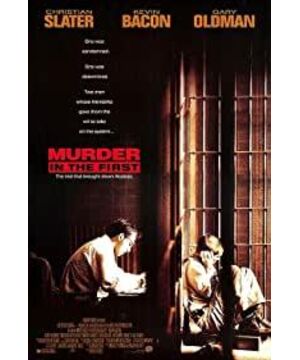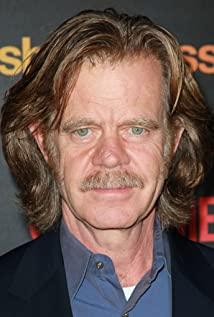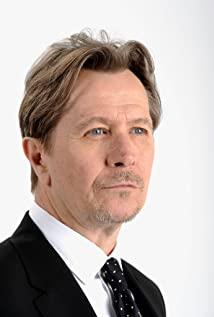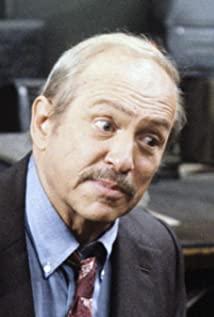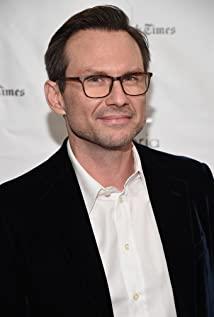The story begins with a prison break, and, of course, the protagonist Henry doesn't have the skills of Michael Scruffy. So the escape ended in failure (the whistleblower told the whistleblower), and the male protagonist was thrown into the single cell "hole" of Alcatelz Prison. A creature, a creature that dare not crave human desires, a creature that would rather die than return to Alcatraz.
If the film is titled "Tragic Life", I guess it is very appropriate: Henry (17 years old) was caught in prison after stealing 5 yuan just to fill his stomach with his dependent sister. Later, he was "closely cared for" by Warden Glenn because of his escape from prison. After three years of confinement in a single room, life was worse than death, and everyone's dreams and hopes were shattered.
Henry kills the whistleblower in the dining room shortly after coming out of the "hole". Not so much out of hatred, but out of desperation, seeking death, wanting to be executed for first-degree murder. (The emotion in this part of the movie is very well expressed)
New lawyer James is assigned to defend Henry, and James soon discovers what happened to Henry. With the blood of youth and loyalty, James sued Alcatraz and the entire American prison system, causing a national storm...
While the court debate was going on, James also changed from "talking endlessly in court, that means nothing to me (Henry)." The mentality of only caring about court proceedings gradually changed to sympathizing with Henry and wanting to help Henry find someone. The psychology of hope and belief. And finally helped Henry to complete his own redemption - break free from the fear of Alcatelz and Tren, and bravely face and blame "them".
The film ends with Henry bravely confronting Glenn and straightening his body into the "hole". Although Henry died in the "hole" before his appeal, the trial of Alcatelz and Tren triggered by his appeal was declared. for his victory...
Since the film is an adaptation of real events, it still feels dark and depressing. Although Henry finally got "victory", but a person's life passed like this, too tragic, too desperate...
The film's handling of emotions is outstanding, such as these sequences: Henry is tortured physically and mentally in the "hole" at the beginning; Glenn cuts Henry's hamstring with a razor; Henry kills the whistleblower; Henry finally walks to "hole" and so on.
Henry once sighed: "You can listen to the radio outside, but you don't know the score of the baseball game", "If I hadn't stolen the 5 dollars, I might be the same as you (James)." I can't help but sigh: life is impermanent, cherish the moment
Personally, I think this is Kevin Bacon's best film.
View more about Murder in the First reviews


